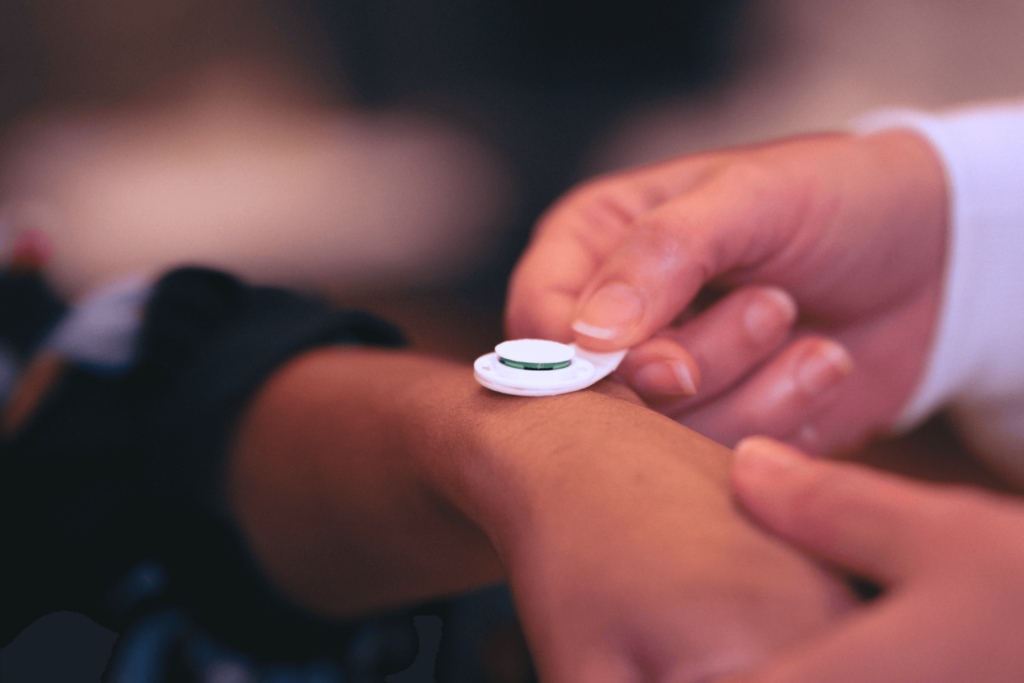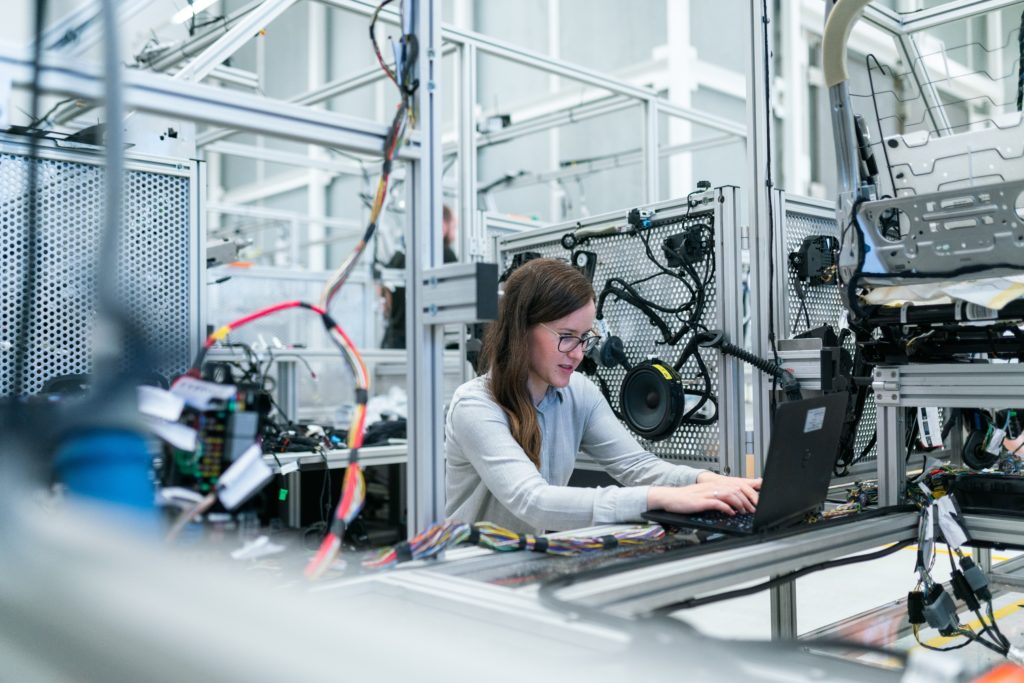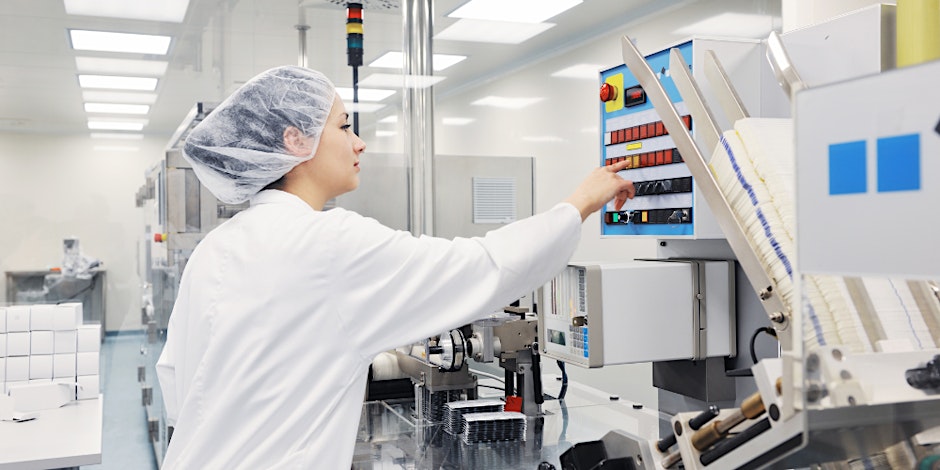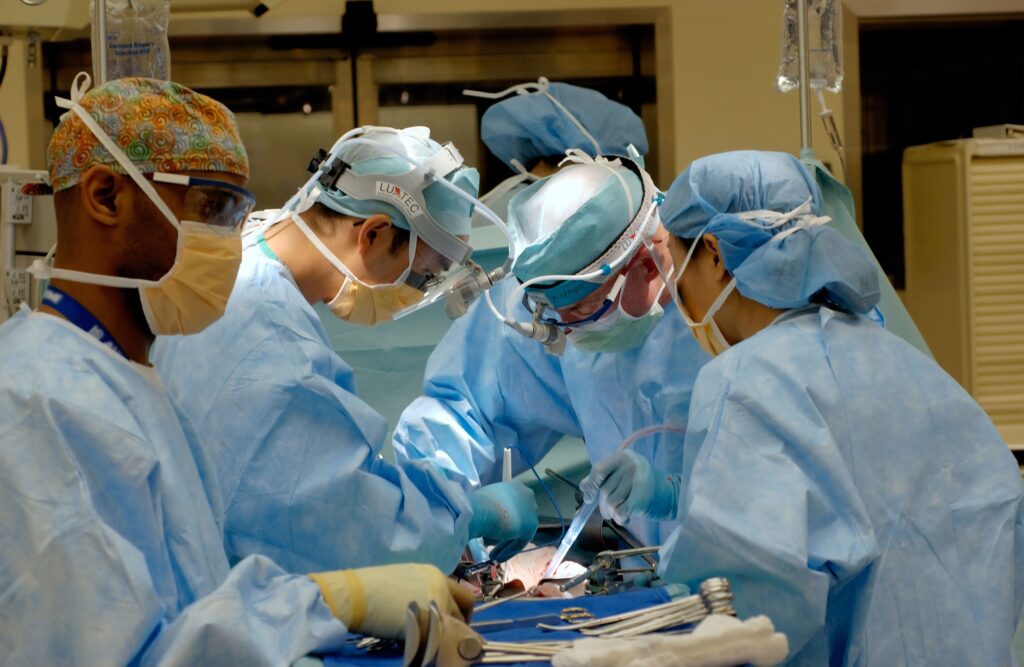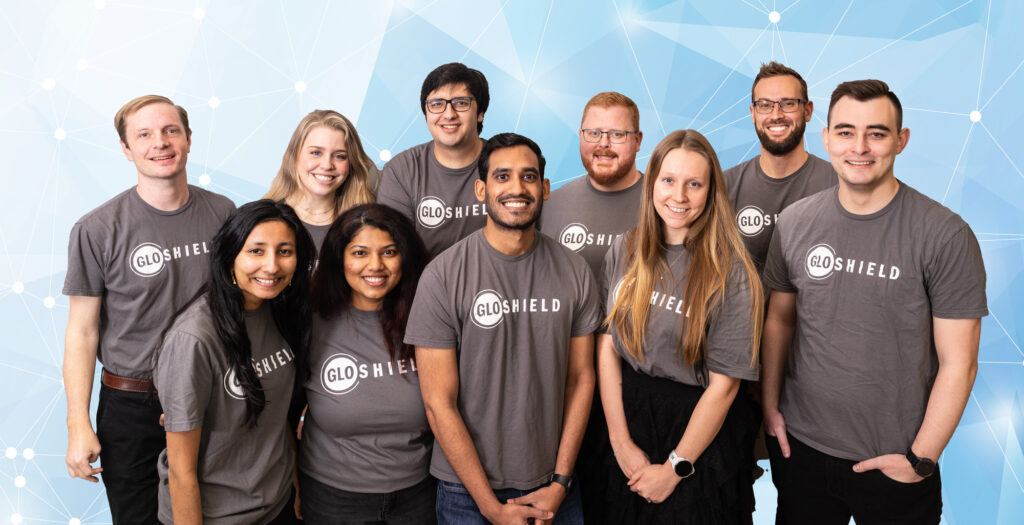In 1999, his collaboration with other Atlanta area interventional cardiologists and cardiothoracic surgeons resulted in the development of a preclinical CRO called American Cardiovascular Research Institute which later became Translational Testing and Training Laboratories, Inc. or T3 Labs.
More than two decades and hundreds of preclinical studies completed, GCMI remains an industry leader in medtech design, development, preclinical testing and bioskills training programs. We have helped more than 50 new medical technologies achieve regulatory approval.
In early 2024, T3 Labs, the preclinical testing arm of GCMI, was sold to Veranex. Veranex did not acquire GCMI. They acquired the preclinical testing arm, T3 Labs, only. GCMI has not been “taken private.”
Following the transaction, Saylan Lukas was named GCMI Interim Executive Director.
“Our mission is to help direct the development, testing, and commercialization of innovative medical devices that improve quality based outcomes and delivery of healthcare for patients,” GCMI Interim Executive Director Saylan Lukas wrote in January. “Helping to produce powerful, positive impacts on patients’ lives involves translating research from the lab to the clinic, including clinical trials, first in human studies and other required activities for FDA approval. We do this in support of Georgia Tech faculty, students and the ecosystem at large, and we do it every single day.”



